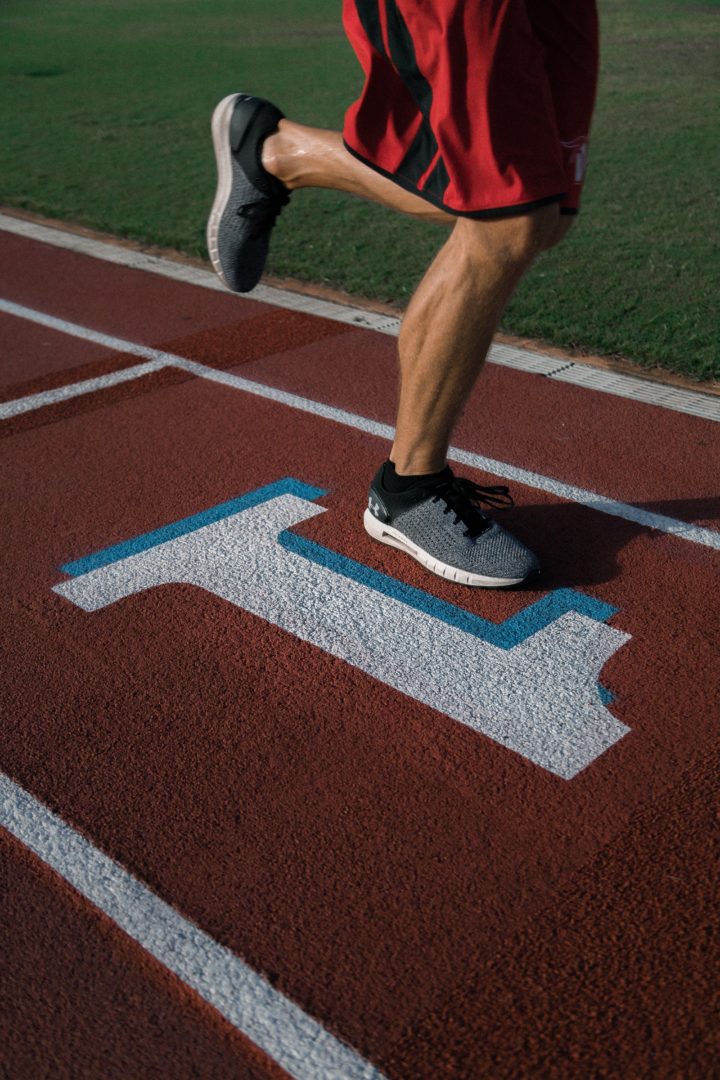Are you running into Problems?
If you have knee pain when running, then here’s what you need to know.
What it is?
Pain that is around your knee or under your knee-cap (patella) can be from what is known as ‘Runners Knee’. It is also known as patellofemoral pain syndrome and is a condition that is common amongst runners.
Runners Knee pain can present with various symptoms and locations:
- Pain Above the knee, which may be due to tight quadricep, gluteal, hamstring or calf muscles or from a tight ITB (iliotibial band). It may also be due to a quadricep imbalance/dysfunction, where the VMO (medial quad muscle) has a weakness compared to the lateral quad muscle which will pull the patella outward and track the patella out of its groove creating pain.
- Through the knee, which may be from the knee structure being tight (lateral retinaculum) or poor alignment of the patella.
- Below the knee, which may be due to tight calf muscles or excess pronation of the foot.
These symptoms can produce pain when running, which can start as a dull ache progressing to more severe pain that will cause you to stop running.
What causes it?
Runners Knee is an overuse injury that has various risk factors including:
- Poor quadricep strength: a weak VMO that does not activate can cause patella tracking issues.
- Poor running mechanics/gait: over pronation can cause twisting at the knee and place unwanted stress on the knee structures.
- Poor footwear: wearing the correct shoes when running can help reduce the risk of injury. Some people may need a neutral shoe, more cushioning in the heel or a supportive shoe. Even wearing old shoes that have worn out and lost their shock absorption can increase your risk of injury.
- Increased running intensity/training: changes in the volume and intensity in the same session of your runs that are too great will increase your risk of injury and overtraining. It is better to increase them in separate sessions and to increase gradually. It is also important to factor in recovery runs.
- Training surface: changing the surface you normally run on for example from off-track to road or running hills can increase the risk of injury. If you don’t normally run hills the you should not be going out and running a hard hill session straight away. The body needs time to adapt.
- Poor hip/pelvis control: if your hip drops on the opposite side due to poor control and weak glutes as you bend your knee you will change the angle of pull at the knee creating potential tracking issues.
How to treat it?
There are various methods that can be used to treat runners knee. For the people that need to keep training but are unable to manage even a short run non-impact activity such as cycling and swimming are ideal, otherwise rest is recommended initially.
- Rest or reduced activity: if your pain is mild then reducing the volume and intensity of your runs may be beneficial. If your pain is severe then resting from impact exercises is recommended.
- Massage and stretching: a regular massage of the tight muscles and stretching can help decrease the pull on the patella. Mobilisations of the ankle, knee and hip may also be beneficial.
- Regular foam rolling: regular foam rolling of the quads and glutes can increase the elasticity of the fascia and help to decrease the pull on the patella.
- Strengthen exercises: exercises to help strengthen weak muscles around the knee and hips can help control and stabilise the hips and knee.
- Taping: applying tape to the knee in the early stages while you continue to run and start your strengthening exercises may help relieve stress in the knee and relieve pain.
The good news is our Remedial Massage Therapist can help with treating your knee pain by using the above methods.
So if this sounds like the pain you are getting in your knee when you run then don’t delay and book an appointment today.
Call (03) 9995 8164 or book online to get your Runners Knee sorted and get back to doing what you love pain free!

